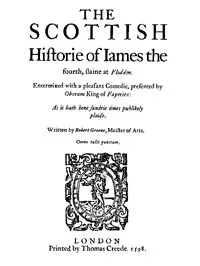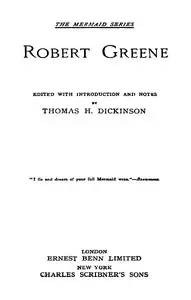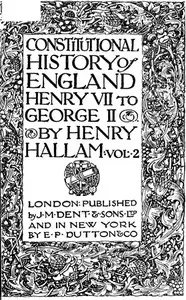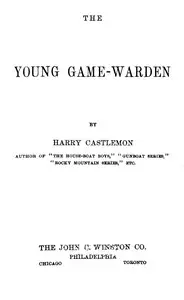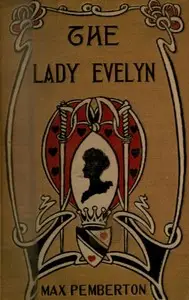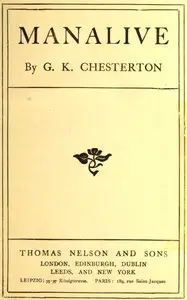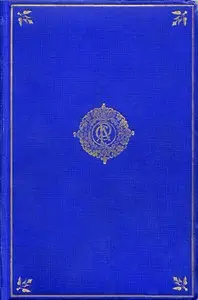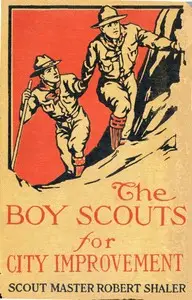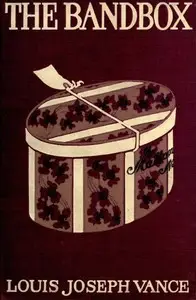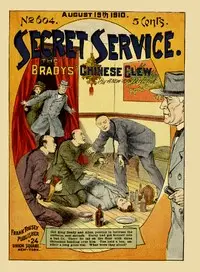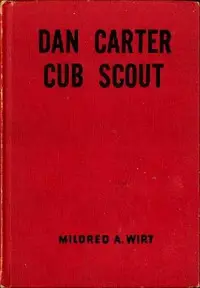"The Third and Last Part of Conny-Catching" by Robert Greene is a cautionary publication from the late 16th century, likely during the Elizabethan era. This book serves as an exposition on the criminal underbelly of London, detailing the various cunning tricks and deceptive practices employed by a group known as the "Conny-catchers." The work is a blend of a societal critique and a manual on how these rogues deceive the unwary, emphasizing the need for vigilance among citizens to protect themselves from being cheated. The narrative is structured around a series of anecdotes illustrating the stratagems used by these Conny-catchers to exploit trusting individuals. Through various tales, Greene reveals how the deceivers operate, using charm and cunning disguises to gain the confidence of their victims. The stories showcase a range of characters, including dishonest gentlemen and naive citizens, each falling into traps that lead to theft or deception. By illuminating the tactics of these rogues, the book not only entertains but also serves as a dire warning, urging readers to be cautious and learning from the mistakes of others. (This is an automatically generated summary.)
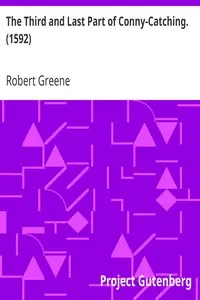
The Third and Last Part of Conny-Catching. (1592) With the new deuised knauish arte of Foole-taking
By Robert Greene
"The Third and Last Part of Conny-Catching" by Robert Greene is a cautionary publication from the late 16th century, likely during the Elizabethan era...
Robert Greene (1558–1592) was an English author popular in his day, and now best known for a posthumous pamphlet attributed to him, Greene's Groats-Worth of Witte, bought with a million of Repentance, widely believed to contain an attack on William Shakespeare. Greene was a popular Elizabethan dramatist and pamphleteer known for his negative critiques of his colleagues. He is said to have been born in Norwich. He attended Cambridge where he received a BA in 1580, and an M.A. in 1583 before moving to London, where he arguably became the first professional author in England. He was prolific and published in many genres including romances, plays and autobiography.


